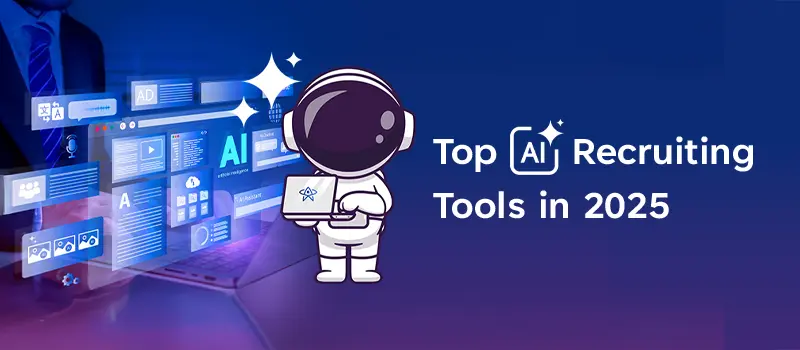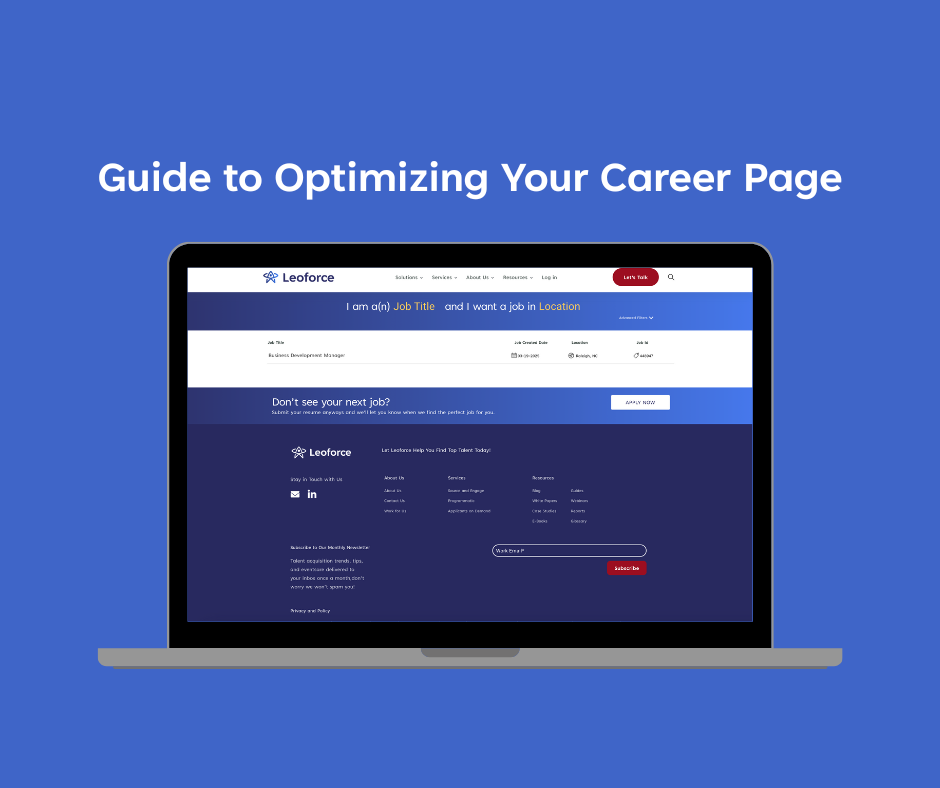Webinar recap: Aiding neurodivergent talent through burnout

On June 30th, we hosted an insightful webinar panel with some experts in the field of neurodivergence about how to make your hiring processes more neurodivergent-friendly.
You can find part 1 of that round up here, where we covered how current hiring processes work against neurodivergent people and how to encourage a practice of recruiting with kindness.
There were so many highlights from the webinar panel that we couldn’t help but share some more of it with you. So today, in part two, we’re looking at job requirements, work history, and 10 easy ways to improve accommodations for neurodivergent candidates.
Rethink your job requirements
Back to the hiring process, another topic of discussion was understanding unconscious bias on candidate profiles and CVs.
Manu, CEO of HashHackCode, discussed how inaccessible higher education can be for neurodistinct individuals. His philosophy about education and the workforce is easily summed up by this:
“No matter where you come from, or what your background is, everyone deserves the same opportunities…at HashHackCode we want everyone, regardless of their background or differences, to be able to succeed”.
He explained that a lot of neurodivergent people are pushed towards vocational careers and while this may well be what some want to do, the entryway to what modern society often considers a “successful” career can be very limited. Especially for people who struggle a lot at high school which is commonly seen with neurodivergences like dyspraxia and dyslexia.
Key takeaway
Too many job specs require someone to have a degree. Take a moment to consider if a formal qualification is absolutely necessary for the role. If it’s not, take it out.
There’s also a lot to be said about “job hopping.” I touched on this later in the webinar as Tiffany and I discussed burnout.
Burnout, work history, and job hopping in neurodivergent candidates
Neurodivergences often come with a lot of anxiety. In fact, anxiety is the condition that most commonly co-occurs with autism and ADHD. So, as Jim said, and as Tiffany echoed, we have to focus on creating safe and secure workplace cultures that are inclusive.
If you don’t focus on that culture, people will leave. Neurodivergent people often feel unsafe. With a lifetime of bullying, masking, and hostile work environments behind us, it can take a while for us to settle into a new job. And sometimes, we don’t settle at all.
It’s not uncommon to see “job hopping” on a CV of someone who is neurodivergent. I spoke about the misconception that this is because folks with ADHD just can’t make a decision. But it’s often related to burnout, bullying, and feeling like we’re never going to fit in. They’re only doing what all of us do: trying to find a compatible work environment where they can do their best.
Key takeaway
We need to move away from the idea that “job hopping” means a candidate isn’t reliable. Have a meaningful conversation with candidates about the reasons; don’t make assumptions.
How can we approach the conversation around accommodations?
Something that needs to be clarified is that access to a diagnosis is a privilege.
Not everyone has a diagnosis, not everyone is going to get one, and not everyone wants one. Tiffany mentioned that there are many people who self-identify as neurodivergent but may not be able to afford a diagnosis. Or they may have been turned away due to prejudice in the medical sector.
There are also a lot of people out there, much like myself, who don’t find out that we are neurodivergent until our 20s, 30s, or even later.
So, we have to change the conversation around accommodations. Requiring proof of disability to provide basic accommodations signals to your candidates and employees that your workplace is not a safe space to be in.
When you accommodate neurodivergent candidates and employees, you actually accommodate everyone.
Here are 10 easy ways to improve accommodations in your hiring process:
- Ask people how they prefer to communicate (asynchronous video call, in-person interview, video call, email, etc.)
- Ask candidates before an interview is scheduled if there are any accommodations they need (and specify that you don’t need disclosure or proof of anything)
- Send an agenda before an interview and a follow up email with clear action after
- Always provide clear and specific feedback to candidates who do not get the job (rejection sensitive dysphoria is a very real thing, especially for those of us with ADHD)
- Send reminder emails before scheduled interviews/calls/tests
- Set clear deadlines for any tasks
- Format all email communications clearly (use subheadings, put deadlines in bold, use bullet point lists)
- Ask for candidate pronouns as part of your intake/application process – this is good practice anyway, but neurodivergent people in particular are very sensitive to inclusive language and practices (and also statistically more likely to be gender non-conforming)
- Use sans serif fonts (like Arial, Calibri, Verdana) in your application forms, emails, and all communications
- Avoid serif fonts (like Times New Roman, Courier New, and Georgia) as these make it harder for dyslexic people to read the text
By starting these accommodations early, you are signaling to your neurodivergent candidates that you are a safe workplace. Somewhere they are likely to be accommodated and accepted.
But more than that, you’ll make the hiring process more inclusive for all candidates which can pave the way to a vibrant and thriving workplace for everyone. A place where everyone, neurodivergent or otherwise, can finally contribute to their full potential.
Key takeaway
Let me leave you with this from Dr. Tiffany Jameson:
“Instead of asking how we can accommodate your [neurodivergence], we need to shift the conversation. Ask ‘how do you work best? And how can we help you to thrive in this environment?’”
That’s a strategy that benefits not only neurodivergent people, but everyone seeking and filling a job.





